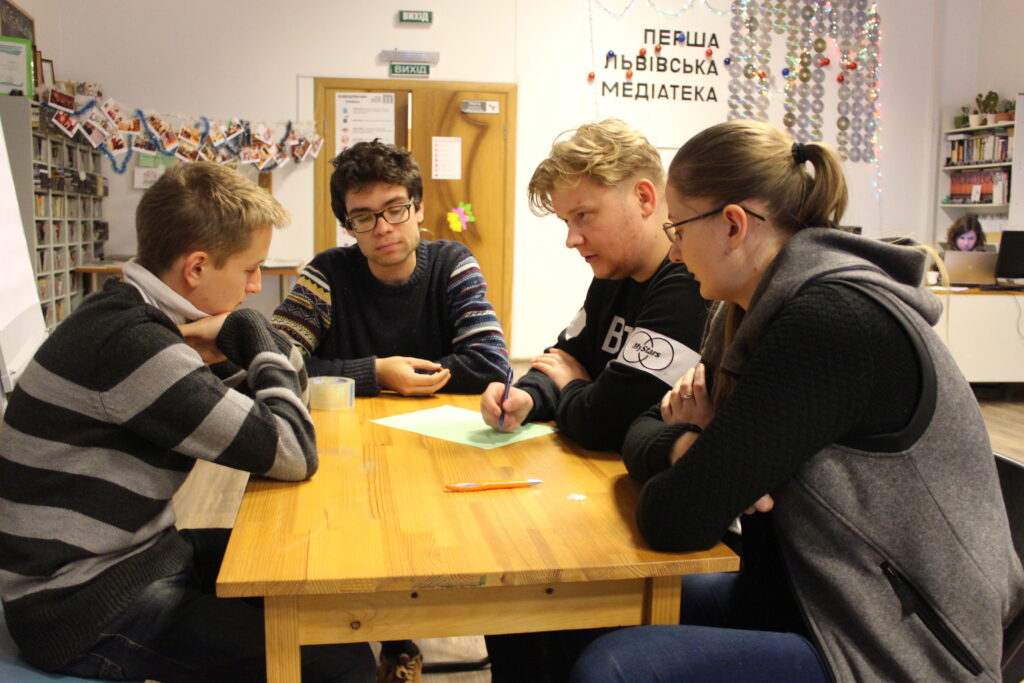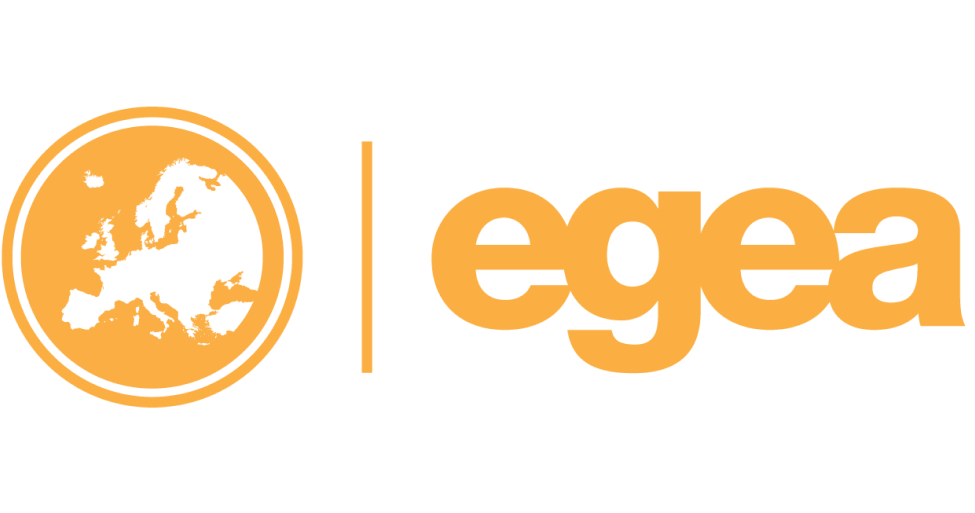
F.A.Q.
WHAT IS the F.A.Q.?
The Frequently Asked Questions (F.A.Q.) gives anwers to the most important questions. Can’t find your question answered in the overview below? Do not hesitate and ask your question in the Newbie Area on the forum!
Do you think a question is missing and should be answered on this page? Please create a topic in the Website Development forum!
Website development Roadmap and new website tutorials:
https://drive.google.com/drive/folders/1RqwWQcAfZaKl4ZuTMlhoiHhHp0e2wfkj?usp=sharing

General questions
EGEA is the European Geography Association which forms a network around Europe to bring together geography students and young geographers from all over Europe. To achieve this goal, EGEA organises congresses, scientific seminars, short exchanges, other events and publishes a newsletter and a magazine.
EGEA has its own structure: There are around 90 local entities across Europe (https://egea.eu/network/entity-list). They are split in four different regions (East, Euromed, North & Baltic, West), which are each led by a Regional Team. On the top is the Board of EGEA who manages the association, working closely with the Regional Teams and also with Committees. Committees are working groups who are working on a specific topic to develop the association.
The highest decision body in our association is the General Assembly, where each entity has a vote. However, the coordination of the association on a daily basis is the job of the Board of EGEA which consists five people: President, Vice- President, Treasurer, Secretary and Events and Public Relations Advisor. They are in contact with all the different branches of EGEA, such as the four regions, the committees and the congress organisers. The Board gets some support for example in the Secretariat, by Website Administrators and in searching for possible new grants, by the respective teams (https://egea.eu/structure/supporting-roles/)
There are very many different ways to get involved in EGEA. Attending events is the first step, but you can also easily get involved in organising – be it on a local level in your entity or organising an event, or on a European level in a committee or even in an official position. It is every person’s choice how much time they want to invest.
A lot of opportunities are offered to gain knowledge about geography. Besides the five annually organised congresses (including workshops, lectures and excursions), there are seminars and scientific excursions. Furthermore, our semi-scientific magazine European Geographer provides many articles.
EGEA’s membership fee is collected through the Annual Congress participant fee and is 5% of that fee. Other than that, EGEA Europe doesn’t have a membership fee but its entities can decide to collect one from their members.
If you enjoy(ed) your time in EGEA, consider becoming a “Friend of EGEA” or give a one-time donation to support the association.
English is the language that is used for communication in EGEA, so a basic understanding of the language is necessary to join an international event. However, no one is perfect and EGEA can also be a great way to practice your English skills in real conversations. Usually, other people speaking your language will be happy to help if you have troubles.
ESRI offers every member of EGEA a free ArcGIS license which is valid for one year. To get it, please contact the Secretariat in Utrecht (secretariat@egea.eu) to apply.
A Contact Person is the link between EGEA Europe and the local entity. They inform their entity about what’s going on in EGEA and maintain close contact with their Regional Team to inform them how the entity is doing.
Entities
An entity is a local group of EGEAns based in a city where it’s possible to study geography. They vary a lot in size and range from around 3 to around 80 people.
Currently, there are more than 90 entities in EGEA. The exact number varies as entities can be discharged and new ones are founded every year.
Of course, just contact egea@egea.eu if you would like to establish an entity or if you would like to participate in our activities (in that case, register as “no entity”).
You want to join EGEA but there is no local group in your city? Gather some friends and establish a new one! Find more information here (https://egea.eu/network/start-an-entity/).
The Entity Ranking List lists all of the EGEA entities according to how active they are. In detail, entities get points for hosting people in their city, be it for an international event they are organising or just for an exchange. After one year, the entities with the most points are placed on the top, the entities with the fewest points are at the bottom. This list is used to define which entities will get more congress places.
Activities & events
In general, you can attend all events – even congresses of other regions than your own are open to you! Exchanges are usually just organised between two entities, so they are only open to the two participating entities. Sometimes there are also some national or regional events, where not everyone can join, but they will usually say in their description.
All events are available in the activities list (https://egea.eu/activities-list/) and calendar (http://egea.eu/activities-list/calendar/). Once you have an account on the website, you can choose the event you want to join and click on “Register”. To see this button, you need to be logged in and the registration window must be open (this is set by the organizers). The time for registration depends on the event. For congresses it’s 4 or 5 months before, for smaller events usually closer to the event.
The best activities for new members are Newbie Weekends that usually take place in autumn. Also, exchanges are a good start as you will travel with several people from your home entity and get to know a small group of people from another one. But almost every event can be joined even if you don’t know EGEA yet: seminars, congresses, excursions and many others – it’s never hard to get to know people!
On exchanges two (or sometimes more) entities visit each other to get to know each other’s city, university, the culture and the people themselves. The hosting entity provides accommodation, food and program for the visiting entity. The exchange consists of two parts, so that both entities get to visit and host the other entity.
Exchanges are a great way to experience a city from the view of a local geography students, as you’re usually hosted by a local entity member. And because you only pay for the travels, it is also a very cheap way to explore a city.
The congresses are the most important events of EGEA. There is one congress for each of the four regions as well as one Annual Congress for the whole association every year. The main purpose of the congresses are the statutory meetings. At Regional Congresses there is a Regional Meeting of all the entities of that region, while at the Annual Congress there is the General Assembly where all entities of the whole association should be present. Apart from the meetings there is always a varied programme with workshops, excursions etc.
It depends on various factors. First, at your regional congress or at the Annual Congress there is one fixed place for every entity (in this region). Afterwards the Entity Ranking List decides which entity gets the next open spot. In regional congresses that region’s entities are prioritised but also entities from other regions get usually at least one place.
Fixed places are only common at congresses. There, everyone who is essential to be there gets a fixed place. Apart from the people with official positions (and their elected successors), every entity which is allowed to express a vote at the meeting (Regional Meeting at Regional Congresses or General Assembly at Annual Congress) gets one fixed place. The congress organisers are free to give fixed places to more people too, such as participants of a Scientific Symposium.
At smaller events the attendance list is usually created according to the “first come, first served” principle.
The EGEA Support Fund is a fund, for which EGEAns can apply, to make their attendance at administrative or scientific EGEA events possible. The money is collected through voluntary donations at EGEA events, directly via the Donate Button on the website (https://egea.eu/donate/) or other means. All money in this fund goes straight back to EGEAns. The EGEA Support Fund is aimed at individuals. Apart from Board members, the Secretariat Coordinator and Regional Contact Persons every individual can apply for it. The EGEA Support Fund doesn’t prioritise certain countries or regions, but primarily funds people who are (in no particular order of importance)…
- The only representative of their entity for their Regional Meeting or the General Assembly
- The only representative of their committee at the General Assembly or Organisation and Strategy Meeting
- Scientific symposium presenter, workshop leader in a congress etc
- Current or prospective CPs for a CP-event (e.g. CP day / weekend)
More information can be found here: https://egea.eu/forums/forum/general/official-topics/support-fund/
Here is the link for the application form: Form

